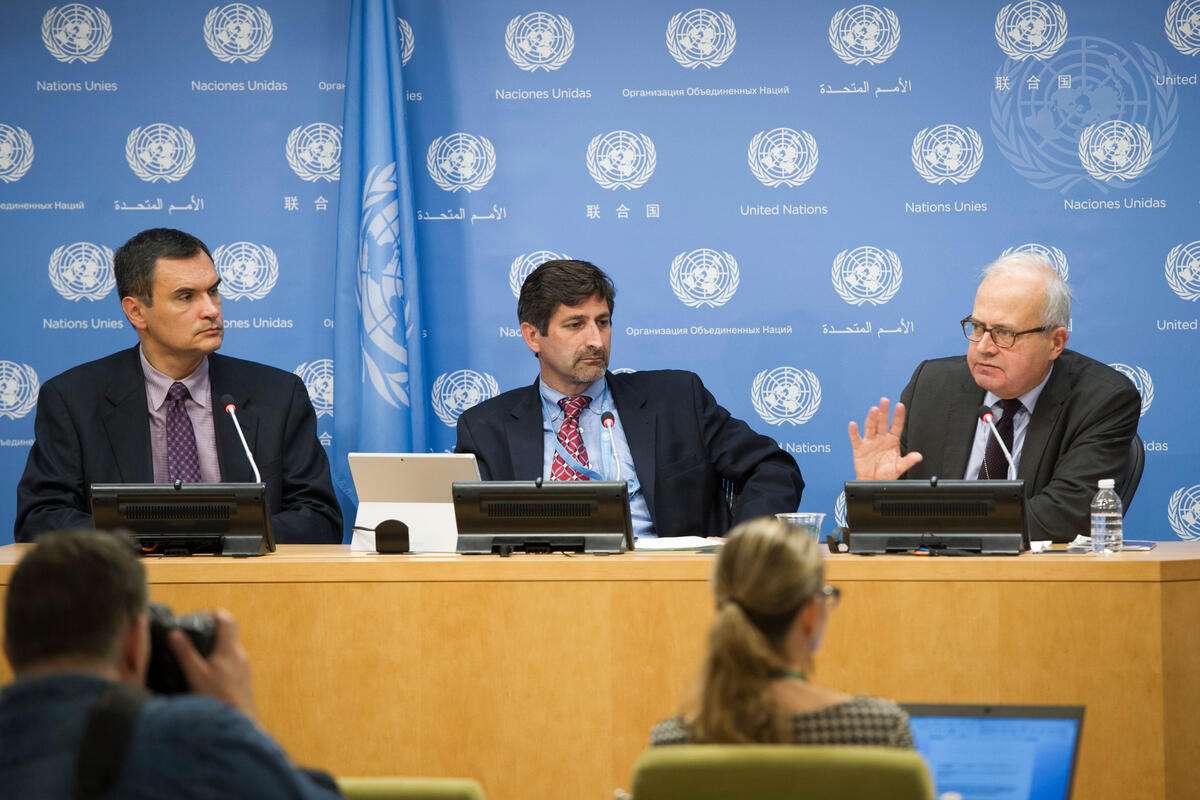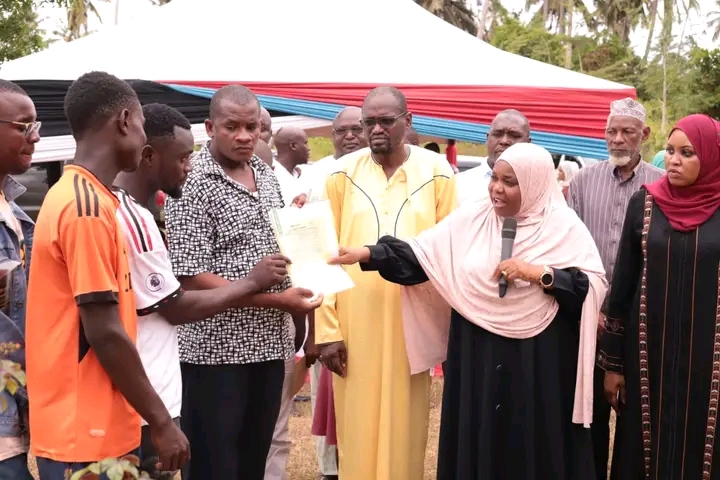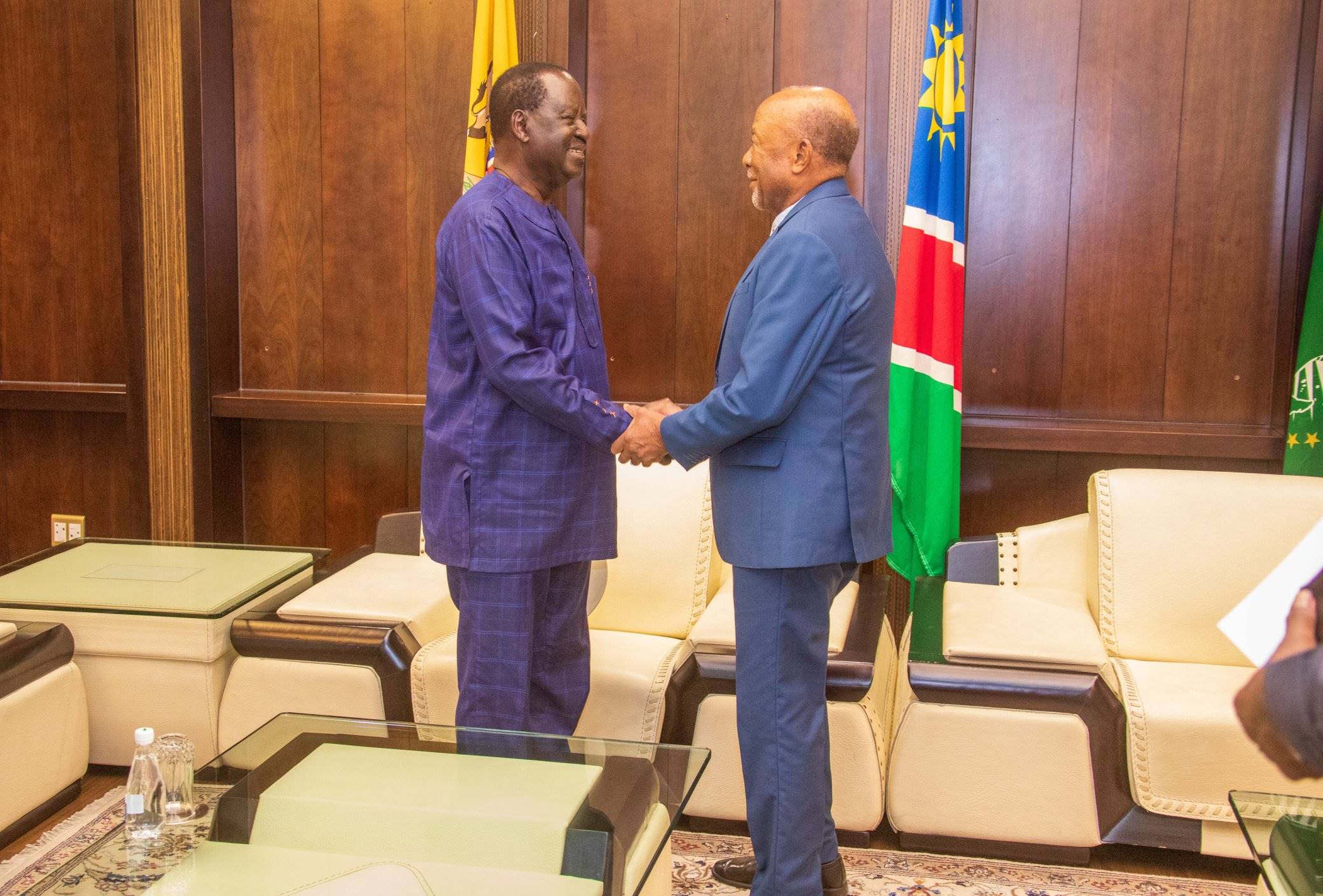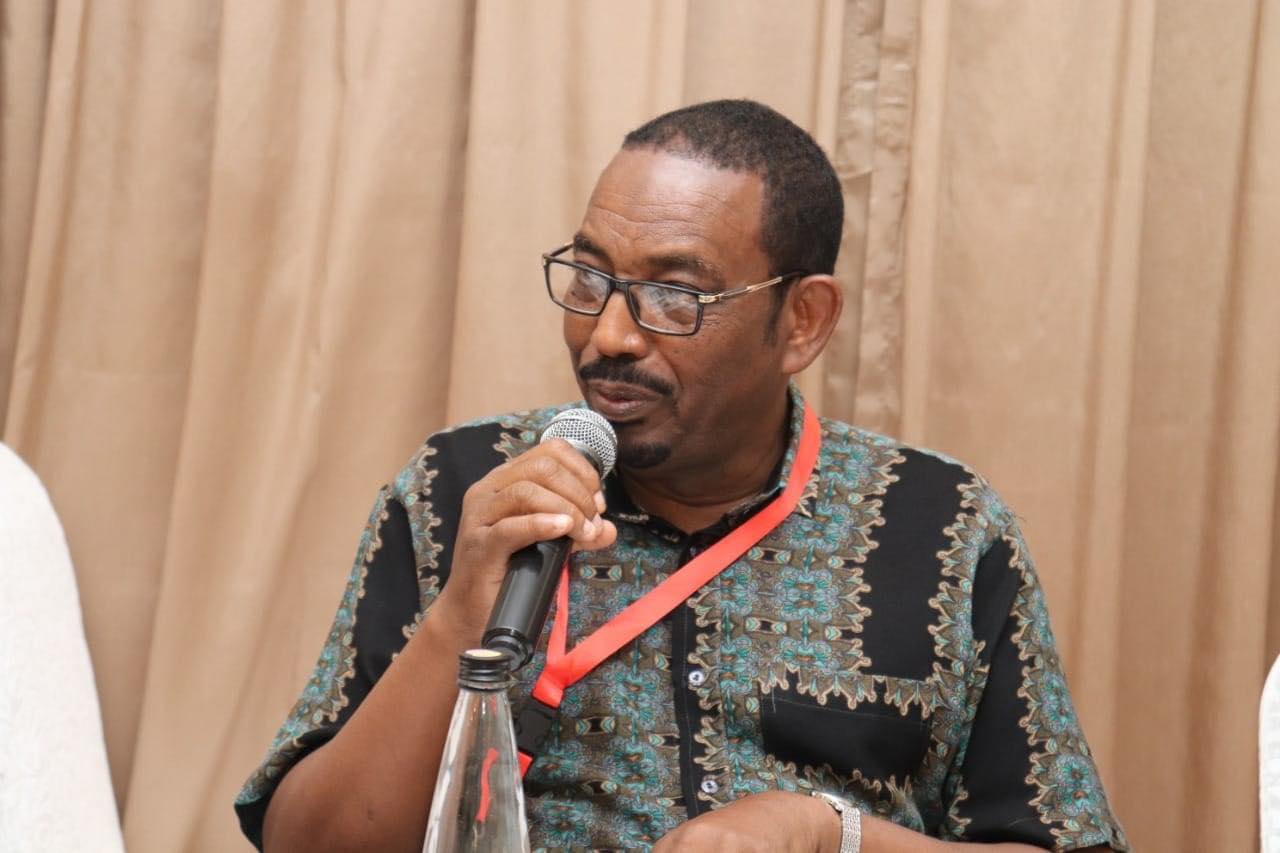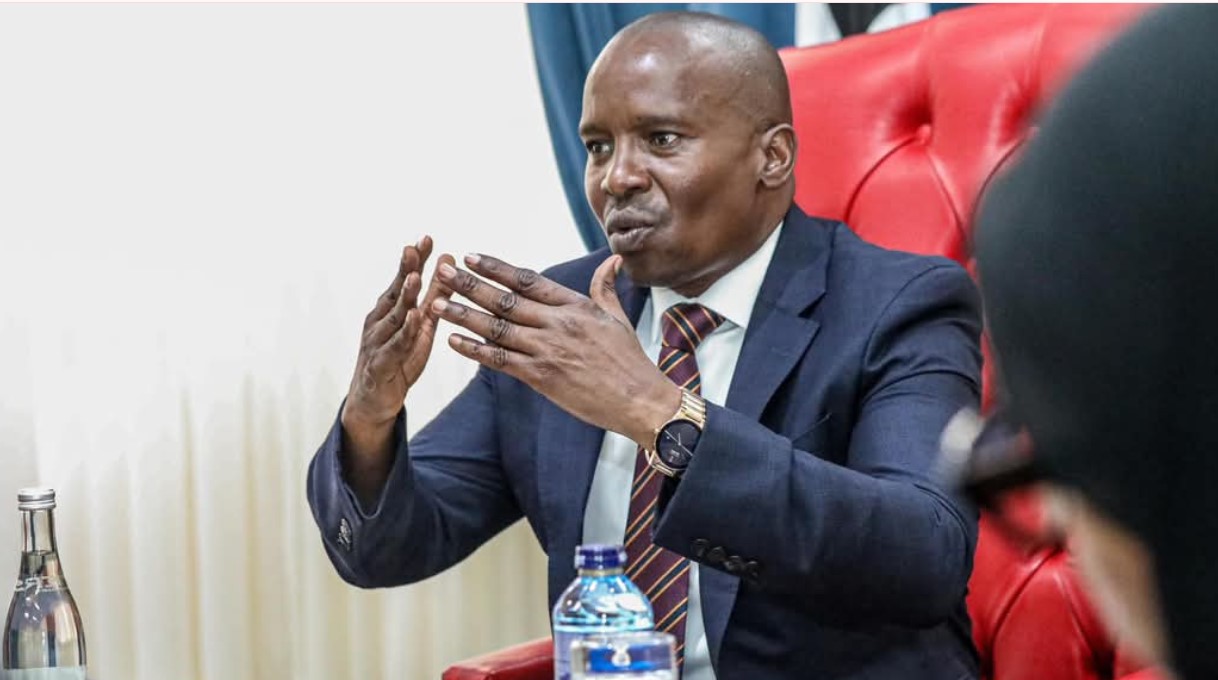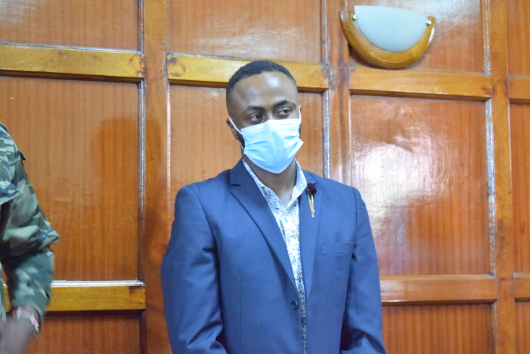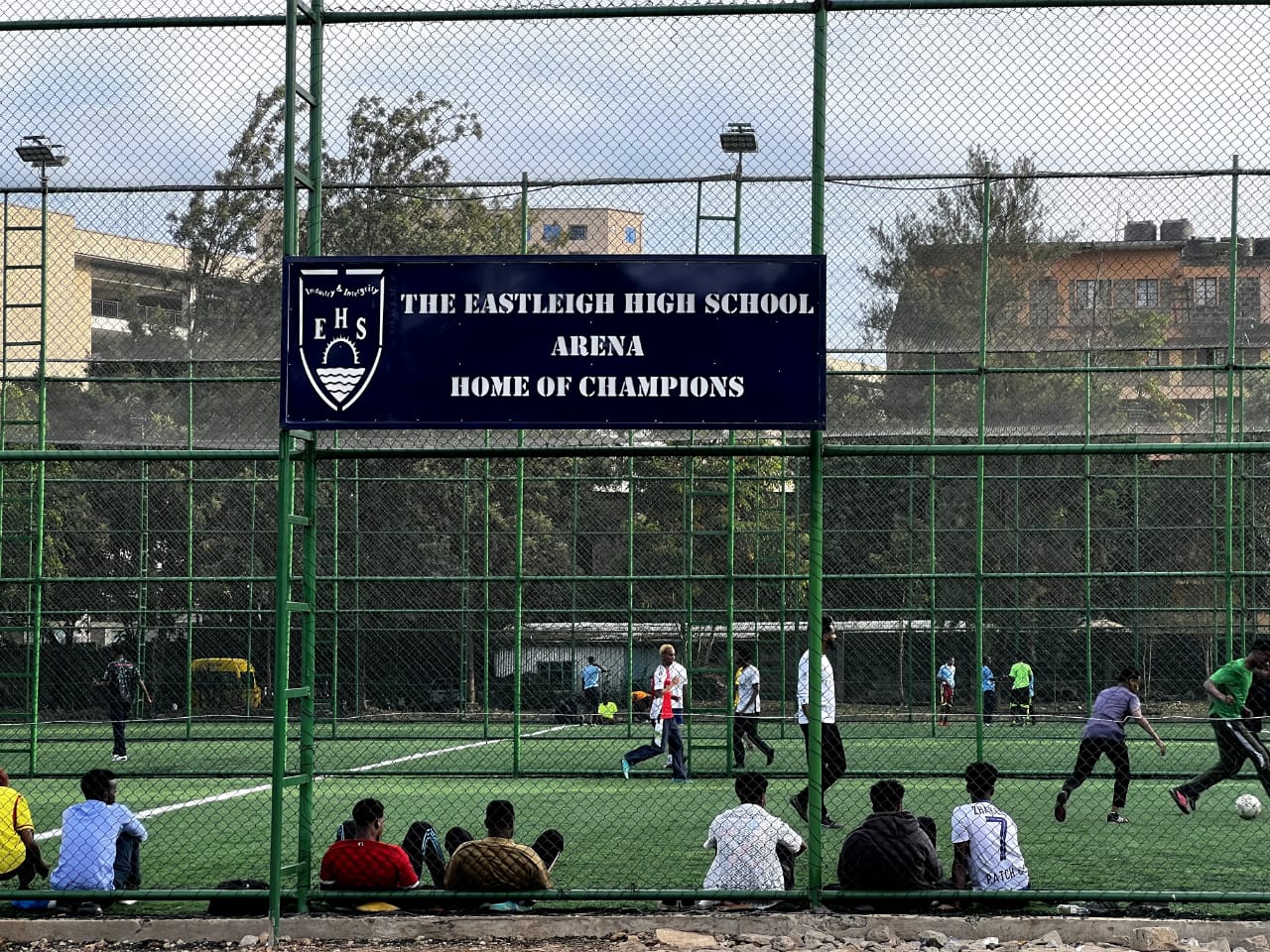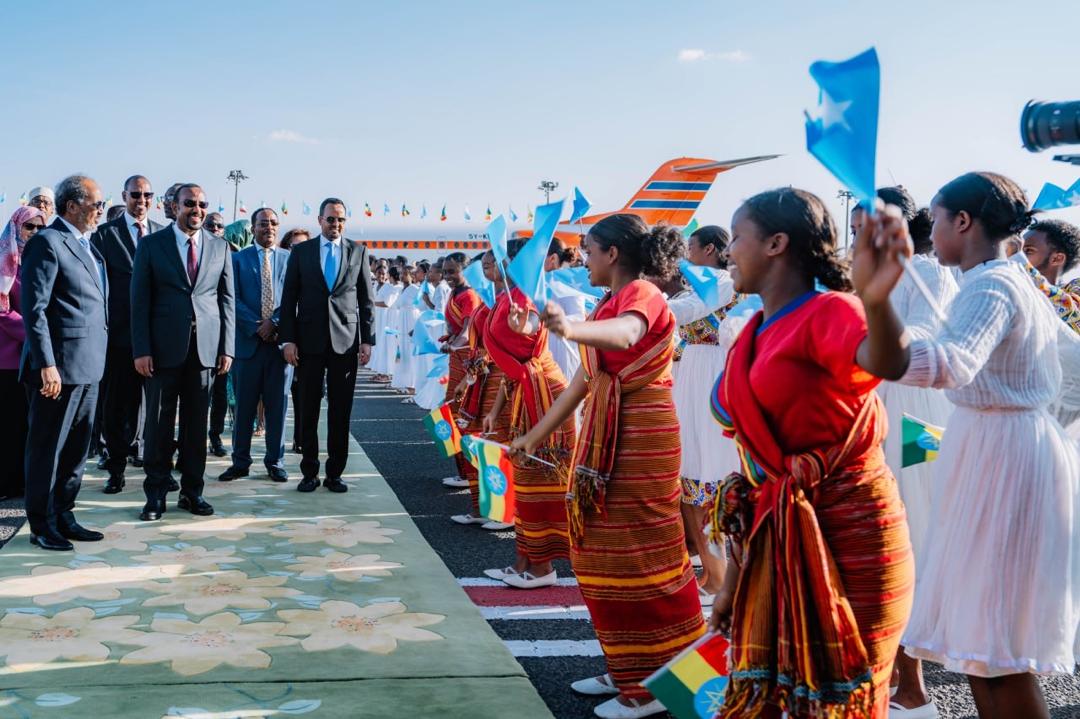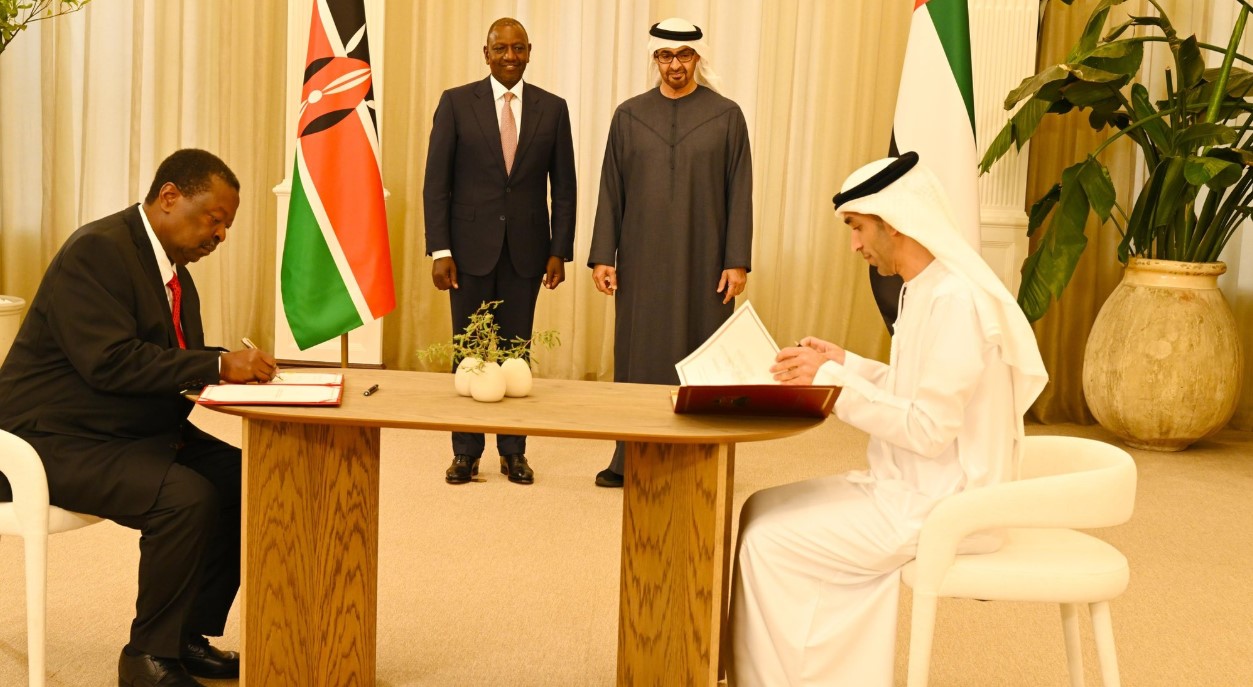EPRA decreases super petrol price by Sh1, raises road levy
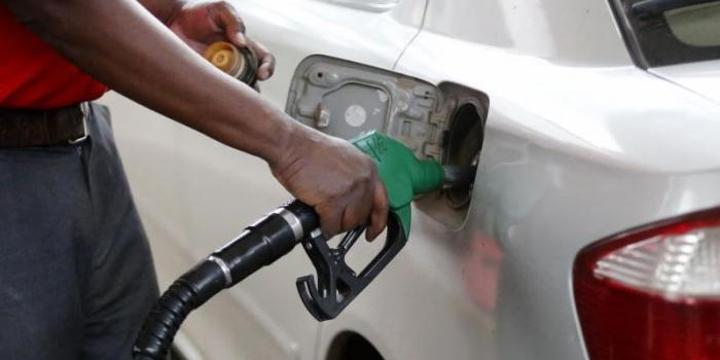
The price of a litre of diesel decreased by Sh1.50 while that of kerosene declined by Sh1.30, the EPRA announced.
The prices of super petrol, diesel, and kerosene have all decreased by Sh1, Sh1.50, and Sh1.30 per litre, respectively, in the latest review by the Energy and Petroleum Regulatory Authority (EPRA).
In a statement on Sunday, EPRA announced that for the period July 15 to August 14, a litre of super petrol will cost Sh188.84 in Nairobi County, diesel Sh171.60, and kerosene Sh161.75.
More To Read
In Mombasa, the three commodities will retail for Sh185.56, Sh168.43, and Sh158.70, respectively, while motorists in Kisumu will pay Sh188.66 for a litre of super petrol, Sh171.81 for diesel, and Sh162.04 for kerosene.
In Nakuru, the three products will cost Sh187.90, Sh171.04, and Sh161.27 a litre, while in Eldoret, Uasin Gishu County, they will cost Sh188.67, Sh171.81, and Sh162.04.
The prices are inclusive of the 16 per cent value-added tax (VAT) in line with the Finance Act 2023, the Tax Laws (Amendment) Act of 2020, and the revised rates for excise duty adjusted for inflation as per Legal Notice No. 194 of 2020.
The prices of super petrol, diesel, and kerosene dropped by bigger margins in the last review—Sh3, Sh6.08, and Sh5.71 per litre, respectively—aided by a decrease in landing costs and the stabilisation of the shilling against the dollar.
In Nairobi, the capital city, the three products were sold for Sh189.84, Sh173.10, and Sh163.05, respectively.
While announcing these latest prices, EPRA explained that that the average landed cost of imported super petrol decreased by 4.65 per cent, from $750.95 per cubic metre in May to $716.03 in June.
Diesel's also decreased - by 1.19 per cent from, $690.99 to $682.73, while kerosene's increased from $679.14 to $692.80, a margin of 2.01 per cent.
In its statement, the EPRA broke down the fuel prices in Nairobi, noting a road maintenance levy of Sh25, applied on the costs of super petrol and diesel.
In the last review, this figure stood at Sh18, which means the new figure is 39 per cent higher.
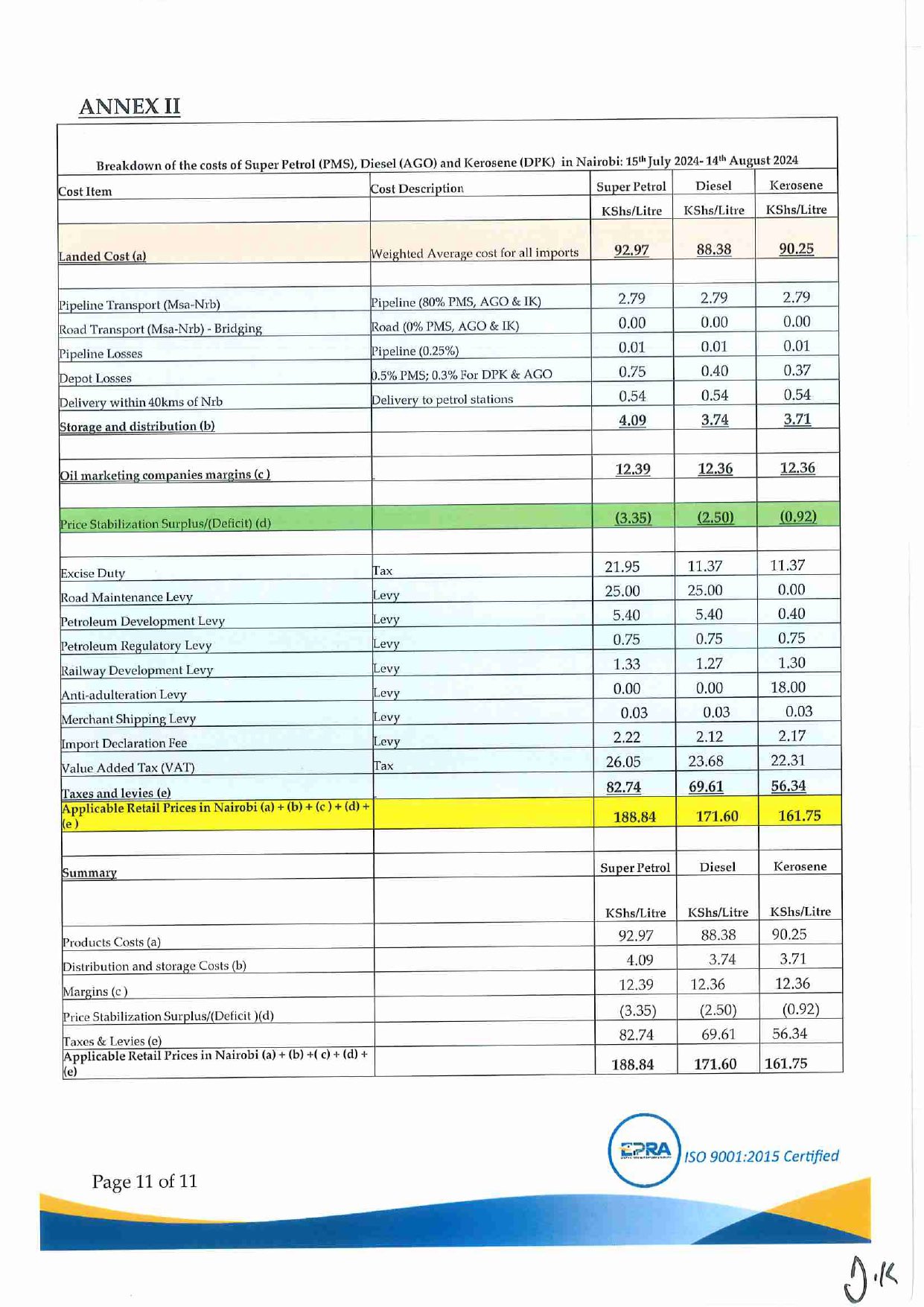

Last month, the ministry urged parliament to approve the 39 per cent increase on the levy to help it sustain an increase in road maintenance needs and the required resources.
The proposal triggered a public outcry due to fears that it would increase fuel prices and result in a further rise in the cost of living.
Earlier in July, Roads and Transport minister Kipchumba Murkomen put to rest public concern about a fuel price hike in case the levy was increased.
The Cabinet secretary said the ministry had taken note of concerns raised at public participation sessions as well as written submissions received from July 5.
"We will analyse the reports received on email and social media platforms as well as the submissions made today, and come up with a decision that corresponds with the recommendations from the public," Murkomen said.
"As suggested by Kenyans, we will only make this decision when we are certain that any revenue measures adopted will not result in a rise in the cost of living.
Top Stories Today




